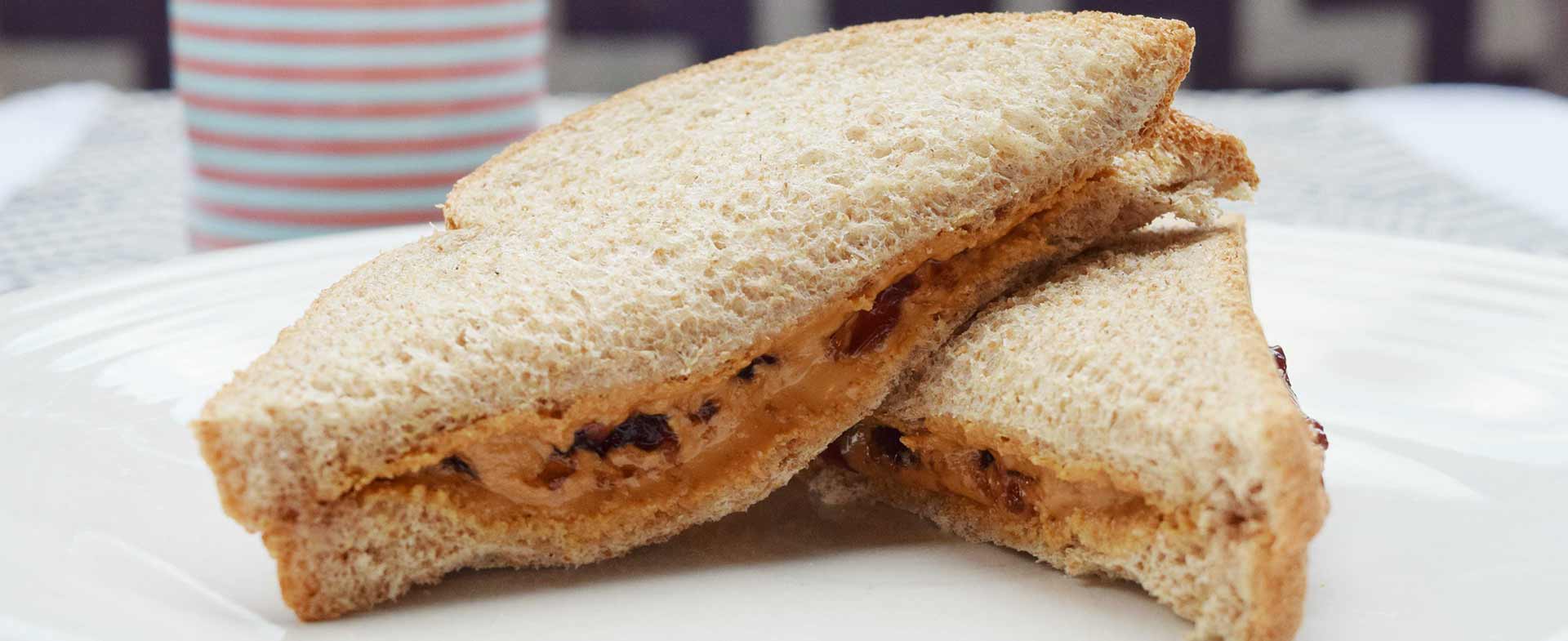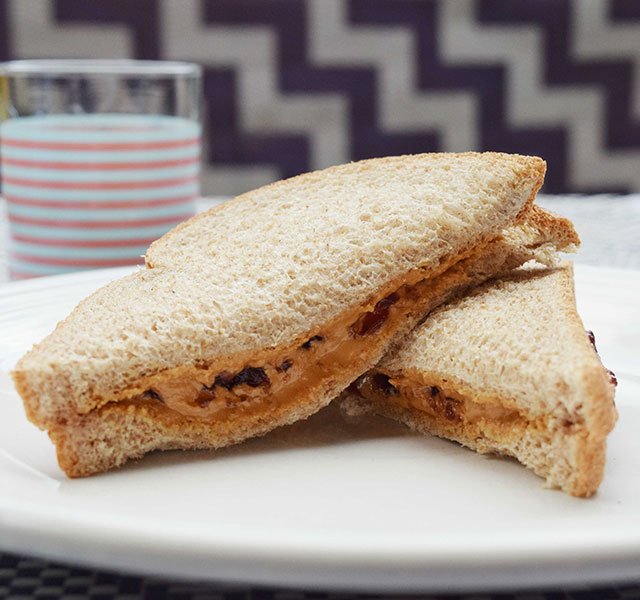Childhood food allergies are commonplace, but that doesn’t mean they’re easy to manage. Identifying what your child is allergic to – and how to steer clear of it – can be extraordinarily difficult. What’s more, once a test uncovers a child could have an anaphylactic reaction to a food allergen, most parents are constantly on guard. (Anaphylaxis is a potentially deadly allergic reaction that can lead to swelling of the airway, seriously low blood pressure and difficulty breathing.)
“A food allergy can produce a mild rash, an upset stomach or it can lead to a fatal reaction. In any case, people who have food allergies should learn how to best avoid their triggers and how – and when – to use rescue medication,” says Christian Nageotte, M.D., a pediatric allergist and immunologist at Henry Ford Health.
Childhood Food Allergies Demystified
Birthday parties, potluck meals, summer barbeques, trick-or-treating – each of these events offers an opportunity for allergen exposure. But even the most severe food allergies don’t have to be deadly. Here, Dr. Nageotte answers frequently asked questions about childhood food allergies.
Q: How do you know if your child is allergy-prone?
A: A person who is prone to allergies will usually have some form of eczema or a food reaction before their 5th birthday. Children with a family history may be more likely to develop allergies, but the genes involved in promoting this process are turned on by environmental exposures – foods, viral infections and secondhand tobacco smoke. So in that sense, you can reduce the chance of your child developing allergies by reducing those exposures.
Q: What are the chances your child will outgrow a food allergy?
A: If your child is allergic to milk, eggs, wheat or soy, they’re far more likely to outgrow the allergy than carry it into an adulthood. In fact, up to 85 percent of children who develop an allergy to one of those foods during their infancy and toddler years will outgrow it before they hit kindergarten. Kids who are allergic to peanuts or tree nuts, though, are less likely to outgrow their allergy. Only 20 percent of children will outgrow a peanut allergy.
Q: Is there anything you can do to help a child outgrow a food allergy?
A: There’s some evidence that allowing children to consume small amounts of cooked forms of the food they’re allergic to can help accelerate how quickly they outgrow an allergy. So, for some children who are allergic to eggs, eating a muffin that contains eggs and has been baked at 350 degrees for 15 minutes could help them outgrow the allergy more quickly. Why? In certain foods, like dairy, heating it to a certain temperature causes the structure of the protein to change enough that the immune system won’t recognize as it as an allergen. Other proteins, like those found in peanuts and tree nuts are heat stable. This means that cooking it will not break down the protein and, in some cases, will actually increase the likelihood of immune system reacting to it as an allergen.
Be sure to check with an allergist first to determine if your child will respond well to that type of exposure.
Q: Can exposing a child to common allergens early in life help prevent them from developing a food allergy?
A: There’s some evidence that introducing peanut protein at an early age to children who have eczema may reduce their risk of developing a peanut allergy. An allergist can test them to determine whether giving peanut protein is safe. If a child has a reaction, oral immune therapy may be an option. Talk to your child’s allergist to determine what your options are.
Q: How can I prepare myself – and my child – for an allergic reaction?
A: Doctors commonly prescribe epinephrine for severe allergic reactions. Called epinephrine auto-injectors, or EpiPens®, this medication is designed to rescue a patient from an anaphylactic reaction. If your child has a prescription for an EpiPen or other rescue medication, review the instructions and train with it as soon as you receive the device. During an attack is not the best time to learn how to use rescue medication.
Q: Are there alternatives to EpiPens?
A: People are less eager to ask for EpiPens because of cost and concerns over visiting an emergency room after getting a dose. But some devices are cost-free and just as effective as an EpiPen.
The Auvi-Q® device is a cost-effective alternative on some insurance plans, and the company even ships them to the patient’s home for free in most cases. It comes in three doses (0.1 mg, 0.15 mg and 0.3 mg), whereas the EpiPen only comes in two (0.15 mg and 0.3 mg), so for very young infants the Auvi-Q provides a safer dosing option. There are also generic versions of the EpiPen. More important, remember that it is not the use of the EpiPen that requires an ER visit. It’s that the reaction was severe enough to require the use of an EpiPen. The delay of epinephrine is the cause for most fatalities.
Q: How can I help my child avoid accidental exposures to a food allergen?
A: While the United States is strict on labeling laws, not all potential food allergens appear on package labels. When in doubt, call the manufacturer. Similarly, when you’re dining out, make sure the wait staff knows your child has an allergy. Teach your child to speak up and announce his or her allergy before digging into a dish.
“As a parent, you should come up with an action plan in the event your child has an allergic reaction and share that plan with your child’s care providers, teachers and babysitters,” explains Dr. Nageotte. “Also, be sure to check in with your child’s allergist at least annually to re-evaluate your child’s medication, dose and action plan.”
To make an appointment with a pediatrician or allergist at Henry Ford, visit henryford.com or call 1-800-HENRYFORD (436-7936).
Dr. Christian Nageotte is an allergy and immunology specialist who sees patients at the Henry Ford Medical Centers in Novi, Dearborn and Sterling Heights.



